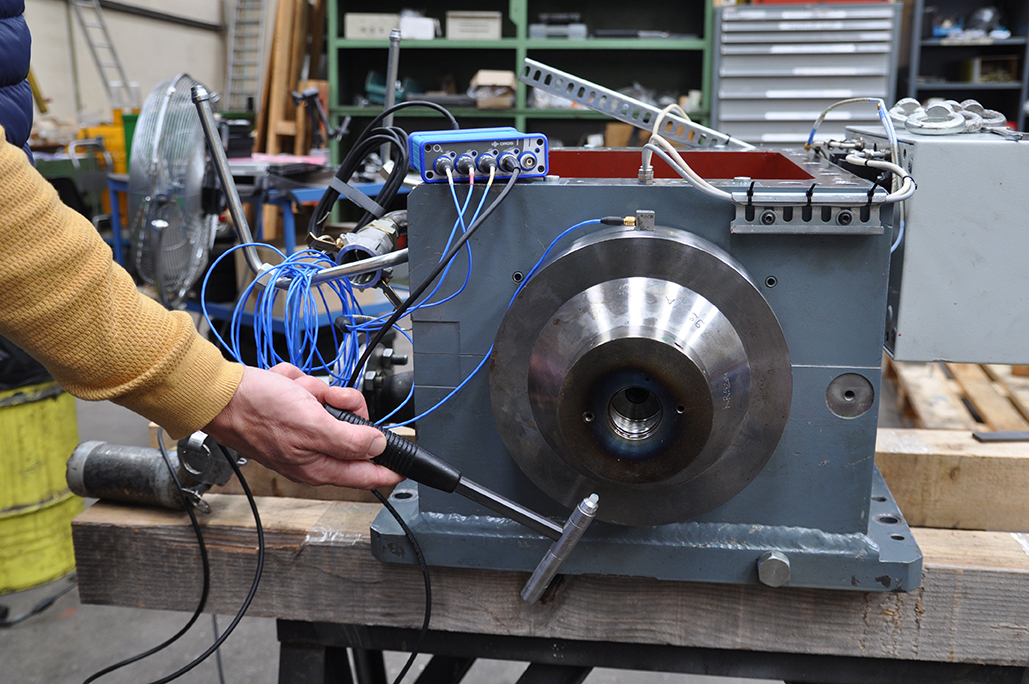
EV / HV
NVH assessment and optimization for EVs and HEVs
Electrical and hybrid vehicles development open a new field of noise and vibration challenges. First, a quieter cabin environment, relieved from the ICE noise, let new sources emerge. Those sources often generate low sound levels but with unworked sound design, providing consequently a poor sound experience for the passenger. On its side, the main propulsion motor plays a major role in the overall sound: its vibroacoustic behavior can be assessed and improved using the appropriate technology. Globally, E-NVH requires a wide scope of dedicated skills and high-end tools.

Acoustic holography on mirrors
Transfer path analysis
Panel contributions at target
Sources ranking
Electric motor noise
Electric motor design
Electric markers
Spatiogram
Sound design of e-motors
Components sound power
Sound pressure based
ISO 374x
Components sound quality
Emerging sources sound design
Filtered playback
Pyschoacoutics evaluation
Battery charging noise
Chassis modal analysis
Light structure modal analysis
OROS recommended solutions package

Electric Vehicle / Hybrid Vehicle
- Motor geometry
- E-markers and spatiogram
- OR35-10 : 10 channels
- Microphones and accelerometers

Sound Quality
- Filtered playback
- Psychoacoustics module
- 0R10
- In vehicle ultra mobile acquisition
- Mobile app for monitoring
OROS advantages
Easy to use
- Dedicated interface
- Guided testing operation
- Rugged for the field
- Portable or large channel count
Powerful algorithms
- Noise characterization based on spatiograms
- e-frequencies calculation
High end metrology
- 24 bits, low noise, large dynamic
- 40 kHz
- Real time acquisition





